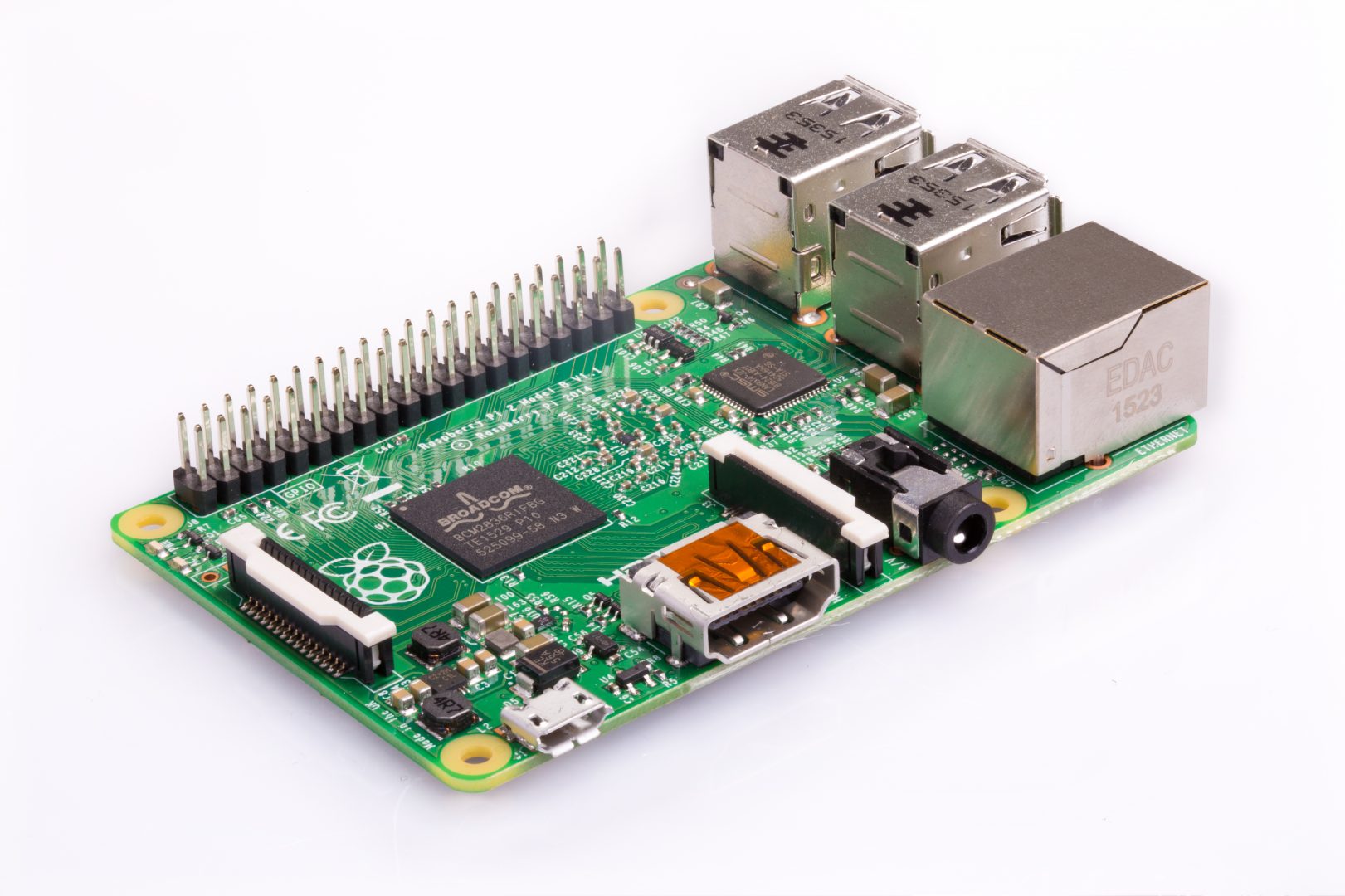MCCI recently has invested a lot of energy supporting the pi64.win project. This project has a simple (and possibly silly-sounding) goal: get “real” Windows 10 running on a Raspberry Pi 3.
Many people have posted about the technical advances that have made this possible. Here’s a partial list.
- The Raspberry Pi 3 supports the 64-bit ARM64 architecture.
- Microsoft ported Windows 10 IoT Core (as a 32-bit operating system) to the Raspberry Pi, but targeted using the system for deploying embedded applications (kiosks, single-function computers). They omitted the features that make Windows 10 desktop a general-purpose system. (MCCI did the USB drivers for that project.)
- Microsoft ported Windows 10 desktop to ARM64 systems. In this port, they included the key low-level drivers, apart from USB, needed for the Raspberry Pi.
- Microsoft open-sourced the key ACPI / UEFI code needed to boot Windows 10 on a 32-bit Raspberry Pi.
- Andrei Warkentin then adapted that and make a real ARM64 UEFI BIOS — this enables booting all kinds of “professional” operating systems on the Pi, not just Windows 10. He also managed to make USB work “well enough” to support keyboard and mouse — kind of important for setting up the BIOS!
- José Manuel Nieto Sánchez organized a group of volunteers, and wrote an tool that would prepare an SD card with the required information from a Windows distribution, available through Windows Insider, MSDN, and other sources for non-commercial use.
- Bas Timmer posted simple drivers that were enough to get Windows through the boot.
- The group convinced Microchip to release ARM64 drivers for the USB Ethernet controller that’s on the Pi 3 mainboard.
- Finally, the group hammered on me until I agreed to take the time to bring up the MCCI host stack (TrueTask USB) on ARM64.
The result was a flurry of world-wide attention. Perhaps predictably, there has been a lot of grumbling about performance. On the other hand, it looks a great demo for MCCI drivers; almost everything tested works. (It’s also a good demo for MCCI’s portability techniques; after four days of wrestling with the build system, the very first build we put on the hardware was the final version, apart from changing the version.)
MCCI has also put a lot of effort into organizing a website (pi64.win) and a discussion site (discourse.pi64.win) for the community, in collecting statistics, running the Twitter feed (@Pi64Win), and helping to publicize the effort.
So, the New York City question is: why do it? What’s your angle?
Of course, there is the basic commercial reason: to demonstrate that our drivers really are industrial strength in 2019. It was a big deal that our drivers were used in Windows 10 IoT Core, but that was a few years ago now. We can now point to a more recent success. In addition, there are a lot of device classes that were impossible to test on Windows 10 Core IoT, because of the difficulties in running regular Windows applications. It’s one thing for a webcam to enumerate; its another for it to actually stream interesting data to the application of your choice. It’s a lot easier to test if you can just spin up a video capture app. We can now point to public results from people testing our work. This is good, and so I thank the group for doing all the work to test and post results.
But there’s another reason, linked to MCCI’s social mission. We want to make a difference to people, not just to our customers.
Right now, cheap computing for people with few economic resources is subsidized (students are a prime example, but just one such group). Things like Chromebooks are subsidized by harvesting data; and they are limited in terms of what they can do (beyond the limitations imposed by their price).
That strikes me as wrong, and as a 19th-century way of solving the problem.
It’s already clear from group experiments that the Pi 3 is not that far away from being able to do significant work with Windows 10. If the group can make something useful to students and people with limited financial resources, it’s not a hobby: it can change lives.
The pi64.win project very likely will not, in itself, put a $35 computer in every student’s backpack (though I wish it would). But it demonstrates what can be done with very low-cost hardware, and it serves as a proof of concept. It may motivate some of the other (larger) members of the ecosystem (Microsoft, the Raspberry Pi Foundation, the Mozilla Foundation) to come together to create a production version.Sometimes a proof of concept is what’s needed to break through inertia and doubt.
